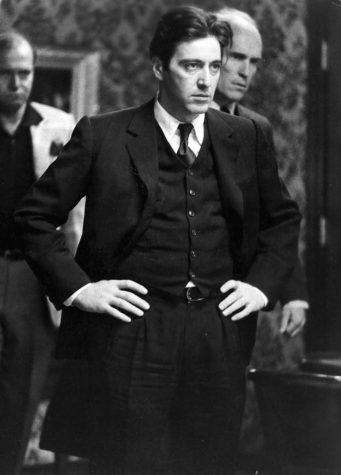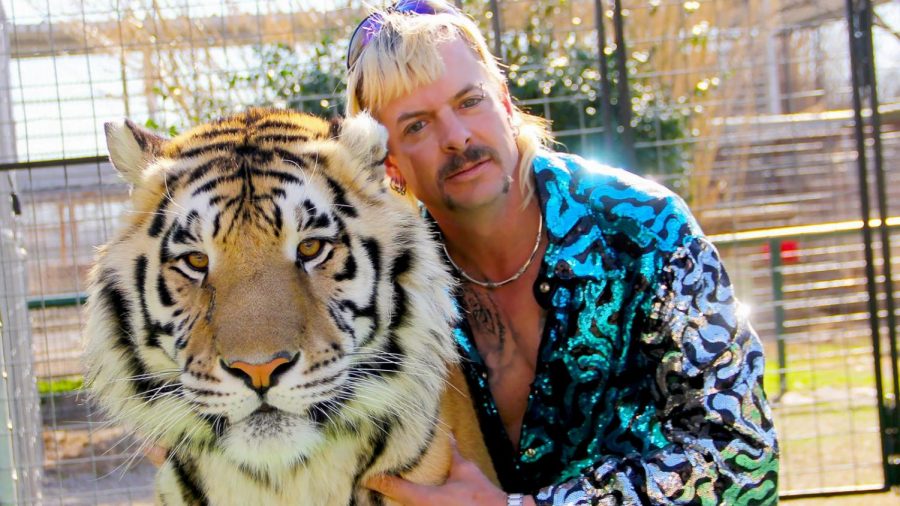Protagonist In Name Only
The legendary outlaw pirate Captain Jack Sparrow. The wisecracking superhuman Deadpool. The struggling firebender Prince Zuko. These are all “anti-heroes,” figures that fight for good despite having traits that are far from noble: Captain Jack may be greedy, Deadpool may be destructive, and Zuko may be domineering, but at the end of the day both stand firm against the forces of evil and earn our love and sympathy.
This article is not about those kinds of characters.
This article focuses on characters that, although protagonists, can never be considered heroes, such as Michael Corleone from The Godfather, John Dutton from Yellowstone, and even the real-life Joe Exotic of the docudrama Tiger King. While each definitely fills the protagonist role in their respective works, they lack both the moral fiber and heroic motives needed to be regarded as heroes at all, instead falling into the category of what I call: “protagonists in name only.”
It is important to note that in order to be effective protagonists, these characters must always be portrayed in a somewhat sympathetic light, despite any of their adverse actions: Michael only reluctantly takes the role of his family’s padrino to protect what his father had built; John resorts to criminal means to keep his ranch so that his three children can one day inherit the Dutton legacy; and even Joe partakes in his feud with Carol Baskin in order to preserve what he has come to consider his pride and joy.

However, none of these “protagonists in name only” have the selfless motives that often redeem classic anti-heroes of their shortcomings. These protagonists only seek to protect something that they or their loved ones created at the expense of everyone else. While Captain Jack does a great service to the world by defeating the decidedly evil Davy Jones, Michael only takes down the four rival mafia families in order to tighten his family’s control over New York City. The most telling sign of a protagonist in name only, however, is a protagonist whose actions are largely indistinguishable from (or even more immoral than) those of the “antagonist”; Michael operates with the same degree of mob brutality as all of the other crime families; John utilizes the same methods of legal and physical intimidation as his corporate opponents; and Joe, an even more extreme case, goes further than any of his opponents when he supposedly attempts to solicit a murderer-for-hire.
When analyzed holistically, it is clear that works such as those listed above do not contain any heroes, only protagonists that, while presented somewhat sympathetically, do not stand for noble causes or take noble courses of action. In many cases, these characters are driven by a desire to protect something they consider theirs, though often not for strictly selfish reasons. And they will go to any length to fulfill this goal—even if it means doing the unthinkable. As humans who all have possessions we value and people we love, we often feel a sense of connection with these morally dubious characters despite their evil actions, but thankfully, most of us take their stories as cautionary tales about the dangers that ambition, desire, and misplaced loyalty can pose in the wrong situation.
However, “protagonists in name only” are occasionally misinterpreted by many as anti-heroes or even classic heroes, which is an especially troubling occurrence when applied to real-life figures. This was the case with Joe Exotic after Tiger King went live; despite the evidence of wrongdoing on his part, many fans and some prominent figures went on to petition for his release from jail and pardon. In another case, notorious killer Ted Bundy became admired by some for his supposed good looks and charm in the aftermath of the release of a documentary about his crimes. These cases of misplaced veneration serve to remind us that storytelling is never black and white, and that a sympathetic character is not necessarily a moral one.
So next time you watch The Godfather and admire Michael’s roguish cunning, take a moment to remember that he isn’t the anti-heroic figure so many make him out to be; he’s just another protagonist in name only.


